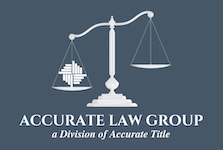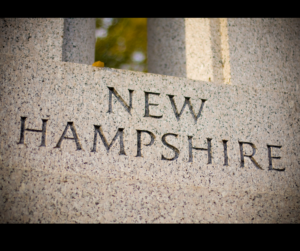The Granite State Housing Market:
The housing market in New Hampshire is influenced by several parameters. Generally, these are sorted into four main categories, each of which affects the pricing of houses in various ways.
Mortgage Interest Rates play a major role in the current New Hampshire housing market as they determine how accessible buyers can get mortgages. If interest rates drop, home prices tend to as well, due to increased demand from borrowers whose purchasing power has increased. The relations between mortgage interest rates and home prices are inverse.
Similarly, the country’s economic performance has an impact on current housing trends in NH and throughout the US — GDP growth rate, employment ratio and quality of living all affect people’s abilities and inclinations to purchase real estate property.
Demographics must also be taken into account when determining potential price fluctuations; population composition based on age, gender income level etc. largely determines what type of real estate property will be most sought-after at any given point in time. Finally, yet importantly, changes to government policies directly impacting taxation or subsidies may also have tangible effects on New Hampshire’s housing market news and prices overall.
What is a housing bubble?
 A housing market bubble occurs when the demand for homes increases beyond what is available in the supply. This is often seen with a significant incline in housing prices, driven by an influx of buyers – including investors like flippers and wholesalers. Eventually, home prices reach unsustainable heights, leaving it unaffordable for the average or even higher earners.
A housing market bubble occurs when the demand for homes increases beyond what is available in the supply. This is often seen with a significant incline in housing prices, driven by an influx of buyers – including investors like flippers and wholesalers. Eventually, home prices reach unsustainable heights, leaving it unaffordable for the average or even higher earners.
With mortgage interest rates reaching record highs, home sales declining by 22.5% Y-O-Y, and inventory remaining low at 3.2 months’ supply, most economists agree that a housing bubble is present.
The housing market typically suffers from a bubble burst when the demand for houses diminishes while the supply continues to increase. Higher interest rates make homeownership unaffordable; economic downfall reduces individuals’ disposable income; and higher credit standards limit access to mortgages, all consequently resulting in increased market supply and decreased demand for housing—ultimately leading to a drop in prices and sales.
Will the NH Housing Bubble POP?
We need to remember, there is still a significantly low inventory. The supply of newly constructed houses has yet to return to pre-2007 levels meaning, it’s unlikely that builders will be able to buy land, get regulatory approval, and increase the supply very quickly. There’s a strong demand for homes across various demographics, so there are buyer’s waiting in the wings as soon as inventory increases. Additionally, lenders today place high standards on borrowers, requiring good credit and at least small down payments. A majority of homeowners own significant equity in their homes. The financial health of the average homeowner today is much stronger today than it was 15 years ago. So although foreclosures never stopped, and may continue to rise as the end of Covid relief programs find some homeowners unable to make payments, there is no real threat of a foreclosure crisis at this time.
Economists believe the housing market will slow down here in the Granite State, but not crash soon. Prices will fall, but not to the extent homeowners experienced during the Great Recession.



